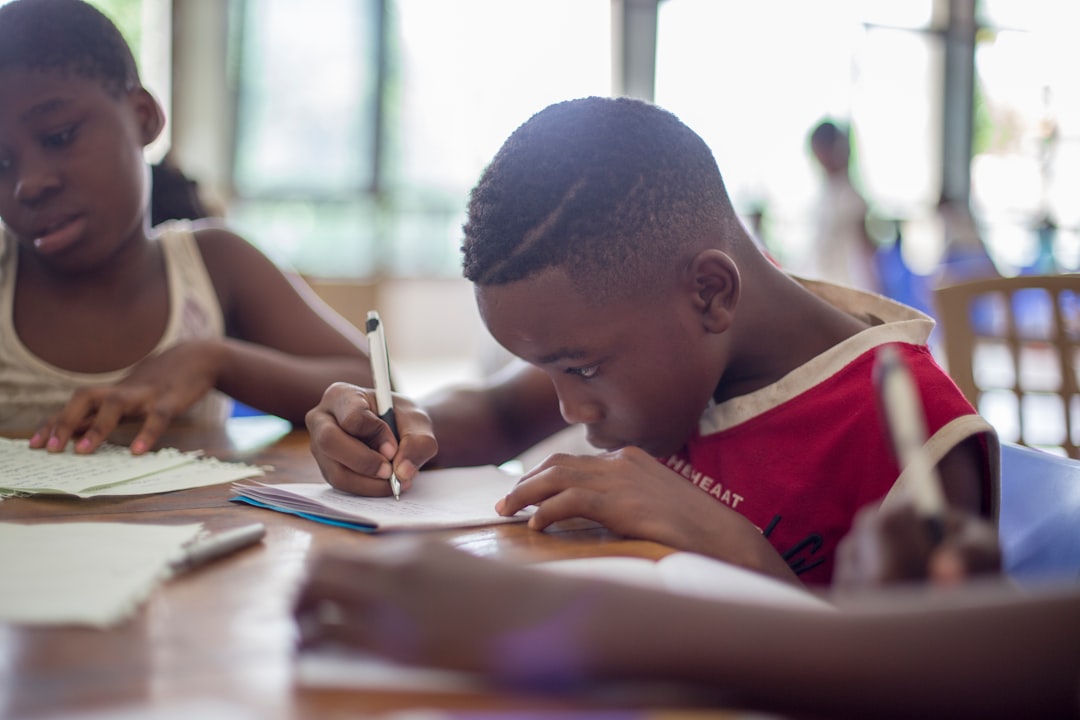What is it about?
Advanced information literacy is critical for doctoral student success, particularly to successfully undertake comprehensive literature searches for literature reviews. Whilst ‘Google-like’ search engines have led to easier information access, are higher degree by research (HDR) students equipped to effectively navigate through, and manage the considerable volume of research sources available? For some the experience of searching the literature is overwhelming and stressful. Whilst experienced researchers can draw on disciplinary knowledge, experience, and networks to locate relevant information, inexperienced researchers may require informed guidance. What is the most effective method for candidates to hone their library research skills? This paper explores whether individual library research consultations conducted at the ‘point of need’ make a difference in the early stages of doctoral candidature and questions whether this individualised support and information literacy training contributes to improved research ability and successful outcomes. The paper shares findings and recommendations of a case study profiling PhD candidate usage of an Australian academic library’s research consultation service.
Featured Image
Why is it important?
As universities aim to improve doctoral completion rates, it is strategic for academic libraries and other research support services to highlight contributions to improving outcomes for candidates. Personalised services such as library research consultations focused on specific research needs are effective for developing high-level information literacy competencies and provide greatest impact and efficiencies for doctoral candidates.
Read the Original
This page is a summary of: Wrangling the Literature: Quietly Contributing to HDR Completions, Australian Academic & Research Libraries, July 2014, Taylor & Francis,
DOI: 10.1080/00048623.2014.928992.
You can read the full text:
Resources
Contributors
The following have contributed to this page










